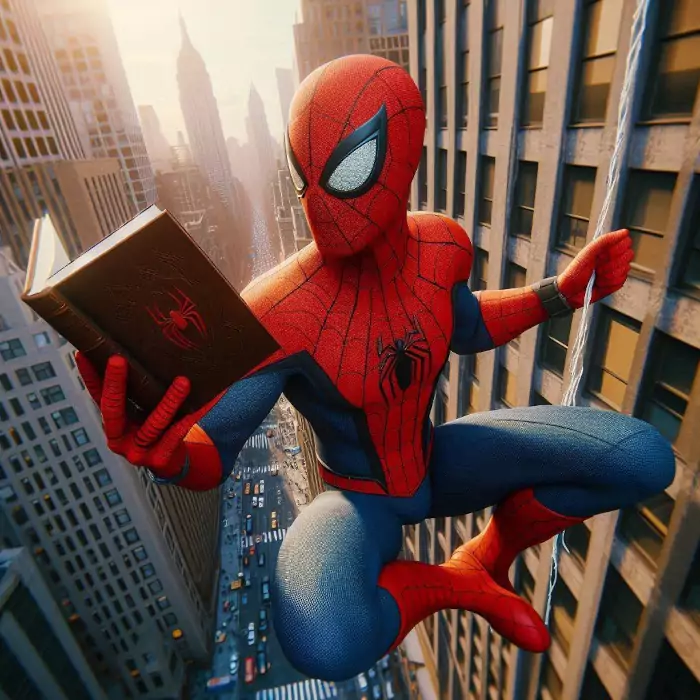Book-to-film adaptations often leave fans divided—it’s a classic case of “you can’t please everyone.” Compressing hours of reading into a two-hour movie can be a tough challenge, and how well it’s done depends entirely on who you ask. But one thing is clear: watching the movie doesn’t have to ruin the book. In fact, I’m the kind of person who prefers reading the book before seeing the movie. It’s like getting a backstage pass to the story.
Comic book adaptations, on the other hand, tend to dodge the same harsh criticisms. Maybe it’s because the visual nature of comics makes the leap to the big screen less jarring. As long as the superheroes look somewhat like their ink-and-paper versions, we’re happy. Sure, we’ll nitpick, but we’re not as prone to throwing popcorn at the screen.
Why don’t we give comic creators the same scrutiny we give authors when their work is adapted? Well, comics have a different structure. At Adapt This, we don’t usually review superhero movies (with the occasional exception, like Oldboy). The reason? Comics don’t always carry the same depth as novels. Don’t get me wrong—comics have fantastic character development. But it’s a different kind. While the heroes in comics may evolve over time, they’re largely consistent from panel to panel. In novels, however, character growth is often the point of the story.
In a novel, the protagonist may start one way, but by the end, they’ve been forever changed by the antagonist or events. Think of Frodo in The Lord of the Rings—he’s a whole different hobbit by the time he returns to the Shire. Meanwhile, Spider-Man is still Spider-Man, whether he’s fighting the Green Goblin or having lunch with Aunt May.
The formula for comics is often a straightforward “bad guy does bad things, good guy saves the day” premise. But, that simplicity makes them a perfect fit for the silver screen. We know who the villain is early on, and it’s a lot of fun watching our favorite hero unravel their evil plans. Films adapted from novels tend to play more coy with the villain’s identity—sometimes it takes the entire movie just to figure out who the real enemy is (we’re looking at you, Divergent).

Despite these differences, both comics and novels share one key similarity: their tie to reality. Sure, Spider-Man’s swinging around New York thanks to a radioactive spider bite isn’t exactly everyday stuff, but comic creators like Stan Lee grounded their characters in real-world struggles. Peter Parker’s got rent to pay, Magneto’s haunted by the Holocaust, and Tony Stark’s a billionaire battling alcoholism. Comic book heroes may be larger-than-life, but their problems? Super relatable.
Novels, on the other hand, rely on character actions and motivations to anchor the story in reality. Adaptations of novels, even when set in fantastical worlds, try to reflect real emotions, challenges, and personal growth. The stakes may be high, but it’s the characters’ humanity that makes us feel connected.
Comparing the creative prowess of novelists like J.R.R. Tolkien or Markus Zusak to comic book icons like Stan Lee and Jim Lee isn’t such a leap. Both sets of creators have the uncanny ability to ignite our imaginations, whether it’s through prose or panels. They paint vivid worlds, whether we’re journeying through Middle-earth or watching the Avengers save the world again. Their talents are different, but their goals are the same: to make us feel.
So, the next time someone tells you they’d rather watch a movie than “sit through all that artsy stuff,” just think of it like hanging out with a friend’s dog. You don’t have to own the pet to enjoy the heck out of it, right? Whether it’s comics, novels, or films, all these creative forms give us a glimpse into another world—one we can experience not just through sight and sound but through the deeper emotional connections we build with these characters.
As Stan Lee once said, “With great power comes great responsibility.” And whether that power is wielded by a comic book hero or a beloved author, we’re all the better for it.



